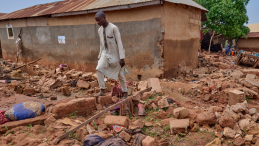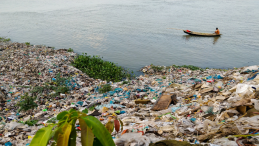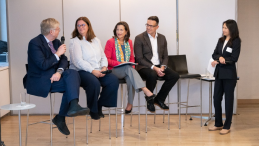Disaster risk finance and insurance solutions, when used as part of a comprehensive disaster risk management approach, can enable more resilient economic development and help protect lives, livelihoods, businesses, infrastructure, and public finances by strengthening disaster preparedness, rapid response, and recovery. But climate risk and risk prevention financing mechanisms are also a complex area. These include, for example, climate insurance in the agricultural sector, country risk pools, social security systems, new forecast-based finance approaches, etc. Often there is only a small degree of transparency and understanding at the national level in vulnerable developing countries.
The project builds on a first phase intervention, funded by the German Ministry for Economic Cooperation and Development (BMZ), and implemented by a consortium of civil society organisations with the consortium leadership of CARE Germany, from 2019 to 2022, titled Multi-Stakeholder Partnership on Climate and Disaster Risk Financing and Preparedness in the Context of the InsuResilience Global Partnership (MAPs)). The consortium focused on national level capacity development and the establishment of multi-actor partnerships on climate disastrer risk finance and insurance (CDRFI) in Laos, Sri Lanka, Malawi, Madagascar, Senegal, Philippines, Caribbean.
The overall objective of the second phase project is to integrate key aspects of pro-poor, gender-equitable and human rights-based CDRFI approaches for the benefit of particularly vulnerable population groups in the MAPs established in phase-1, and to design and integrate CDRFI mechanisms in the project countries/regions and in the context of the InsuResilience Global Partnership and the Global Shield against Climate Risks, with global, regional and national levels mutually influencing and informing each other.




